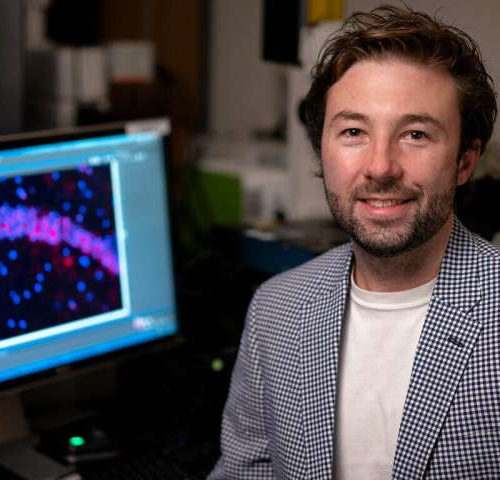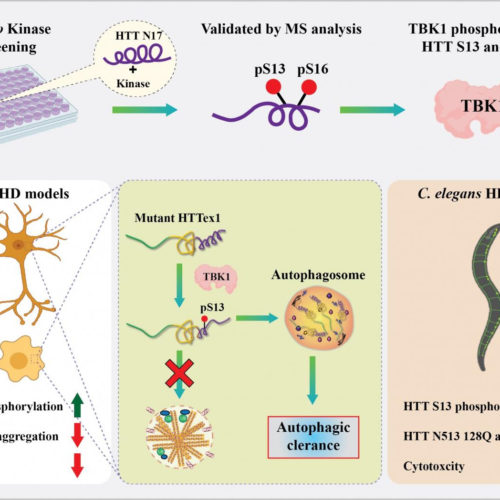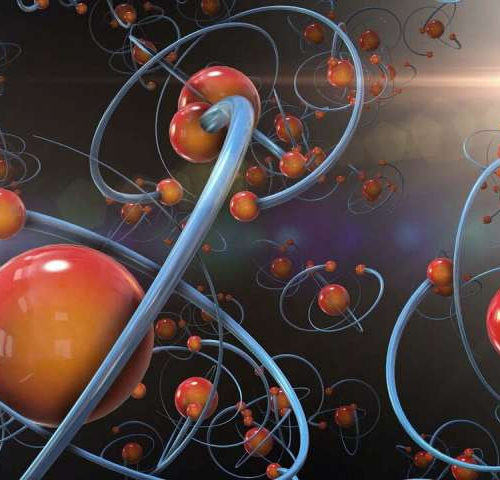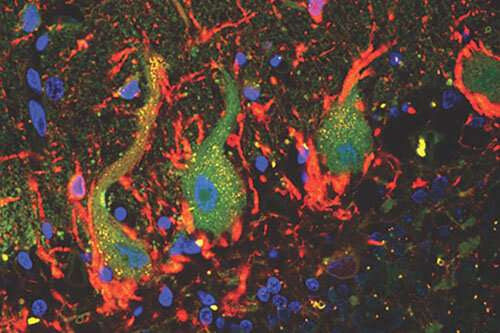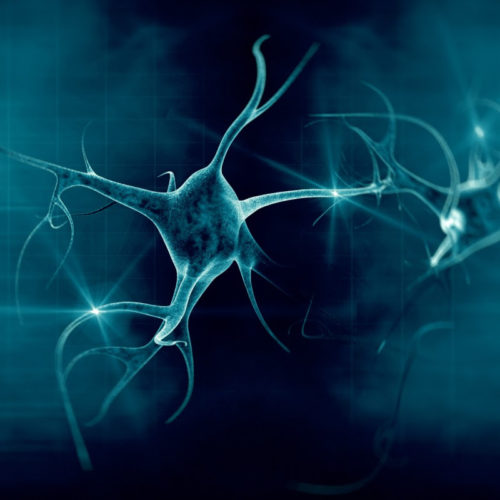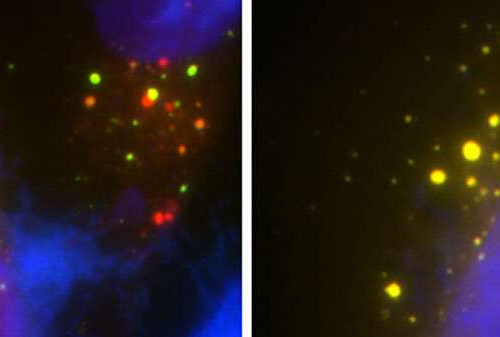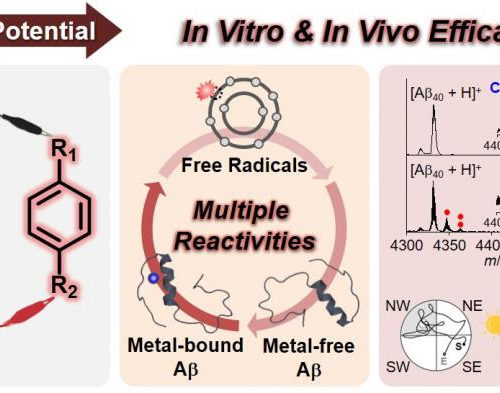by St. Jude Children’s Research Hospital Scientists at St. Jude Children’s Research Hospital are advancing understanding of a potential Alzheimer’s disease treatment. The work focuses on LC3-associated endocytosis (LANDO) and its role in neuroinflammation. The results appeared as an advance online publication today in Science Advances. The researchers previously discovered the LANDO pathway in microglial...
Tag: <span>neurodegenerative diseases</span>
Discovery shows promise for treating Huntington’s Disease
Scientists at EPFL’s Brain Mind Institute have identified an enzyme that can play a central role in developing a new route of treatment for Huntington’s Disease. ECOLE POLYTECHNIQUE FÉDÉRALE DE LAUSANNE USING AN IN VITRO KINOME SCREEN, THE LAB OF HILAL LASHUEL AT EPFL IDENTIFIED A NOVEL KINASE (TBK1) THAT PHOSPHORYLATES THE HUNTINGTIN PROTEIN AT...
Researchers discover molecule that may be linked to athletic performance
by University of Bergen Carnosine and its precursor beta-alanine increase muscle strength, and have recently become extremely popular as dietary supplements in competitive sports. Researchers at University of Bergen, Norway, have recently discovered an enzyme that forms beta-alanine from the common amino acid aspartic acid. “This contrasts conventional wisdom that most beta-alanine is generated by...
Novel pathology could improve diagnosis and treatment of Huntington’s and other diseases
by University of Bristol Bristol scientists have discovered a novel pathology that occurs in several human neurodegenerative diseases, including Huntington’s disease. The article, published in Brain Pathology, describes how SAFB1 expression occurs in both spinocerebellar ataxias and Huntington’s disease and may be a common marker of these conditions, which have a similar genetic background. SAFB1...
Yale captures first ever video of brain clearing out dead neurons
By Michael Irving June 28, 2020 In the average human body, tens of billions of cells die everyday. It’s a natural process, important for keeping the body healthy. Now, for the first time, researchers at Yale School of Medicine have directly imaged the death of neurons in mice, as well as how the body clears...
Exercise may offer ‘profound’ benefits for Friedreich’s ataxia, research suggests
by Josh Barney, University of Virginia UVA researcher Zhen Yan studies the benefits of exercise. “You will benefit from just about any type of exercise as you age, as long as you’re not at risk of injury,” he said. Credit: Dan Addison, University Communications Atop exercise researcher at the University of Virginia School of Medicine...
Lancet Neurology publishes results of AFFiRiS’ Phase 1 trial with PD01A in Parkinson’s
Vienna, Austria, June 18, 2020 – AFFiRiS AG, a clinical-stage biotechnology company developing novel disease-modifying specific active immunotherapies (SAITs), today announced that detailed results of the phase 1 clinical program with its lead candidate PD01 in early Parkinson’s disease (PD) patients were published in the peer-reviewed journal The Lancet Neurology. The results of the long-term...
Researchers identify new genetic defect linked to ALS
by Deborah Kotz, University of Maryland School of Medicine Researchers at the University of Maryland School of Medicine (UMSOM) have identified how certain gene mutations cause amyotrophic lateral sclerosis (ALS), also known as Lou Gehrig’s disease. The pathway identified by the researchers may also be responsible for a certain form of dementia related to ALS....
Simple molecular reagents to treat Alzheimer’s disease
CREDIT: PROFESSOR MI HEE LIM, KAIST Sometimes the most complex problems actually have very simple solutions. A group of South Korean researchers reported an efficient and effective redox-based strategy for incorporating multiple functions into simple molecular reagents against neurodegenerative disorders. The team developed redox-active aromatic molecular reagents with a simple structural composition that can simultaneously...
Scientists uncover a gene that doubles the risk of developing several neurodegenerative diseases
by HudsonAlpha Institute for Biotechnology Richard M. Myers, PhD, and Nicholas Cochran, PhD, in the Myers Lab at HudsonAlpha Institute for Biotechnology. Credit: HudsonAlpha Institute for Biotechnology Scientists at the HudsonAlpha Institute for Biotechnology, the University of California, San Francisco (UCSF), and the University of Alabama at Birmingham (UAB), have identified a new risk factor...

